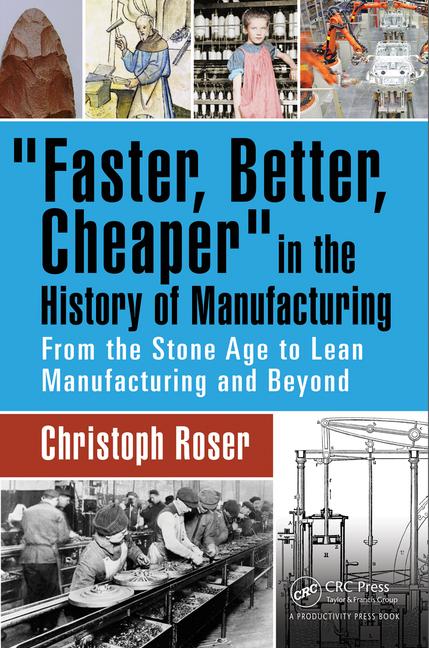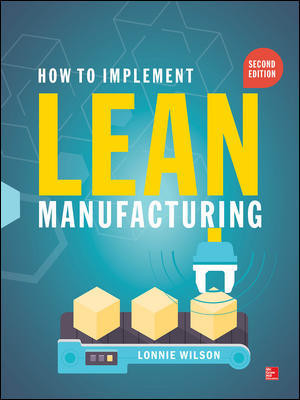At the end of yet another discouraging and fruitless day, Joe returned home, put on his sandals (made in Brazil), poured a glass of wine (made in France), turned on his TV set (made in Indonesia) to catch the day's news, and reflected on why he can't find a good-paying job in America. Thanks to Bill Pierce, an ASSEMBLY reader for many years, for sharing this story.
Many of the good-paying jobs in America are with the 355,500 small manufacturers--companies with fewer than 500 employees--who are served by the Manufacturing Extension Partnership (MEP).
From October 2000 through September 2001, MEP clients:
- Retained sales of $1.6 billion and increased sales by $705.1 million.
- Cut $482.8 million in costs.
- Invested $883.2 million in modernization.
- Created 9,097 jobs.
- Retained 16,472 jobs.
However, the Bush administration's 2003 budget would cut funding for MEP from $106.5 million to $12.9 million, effectively eliminating the program. Supporters from both political parties are organizing an effort to fund the program at $110 million. "We believe this is the time for an expanded MEP effort to help small manufacturers recover from the present slowdown, to position them to participate in the recover, and to secure a supply chain that can guarantee delivery of consumer and military goods," says Michael Wojcicki, president of the Modernization Forum (Livonia, MI), the association for the MEP community.
Now, as the economy is recovering from recession, is no time to cut funding from a program that generates real jobs, and gives American workers and taxpayers a 4-to-1 return on their tax dollars.


